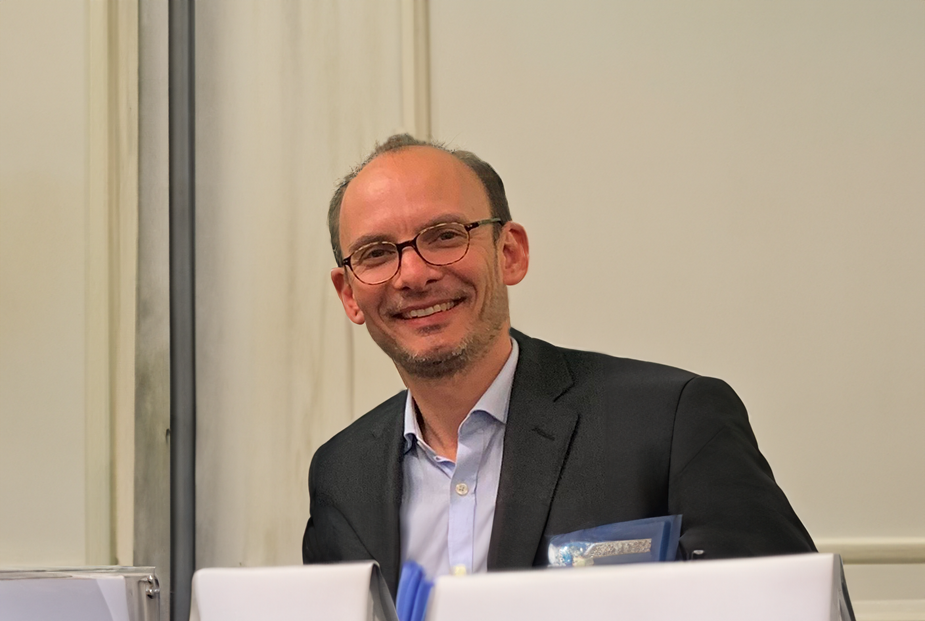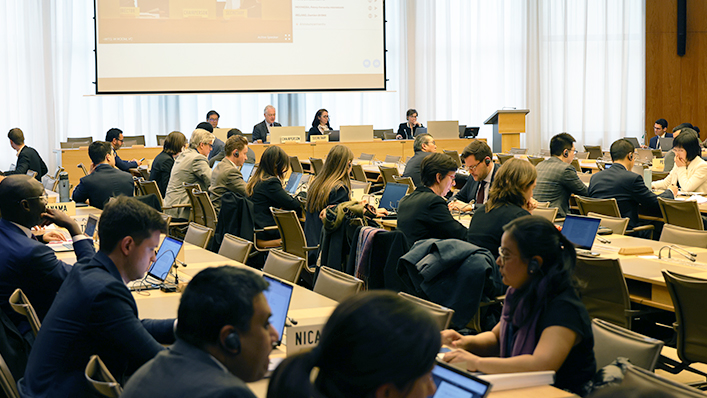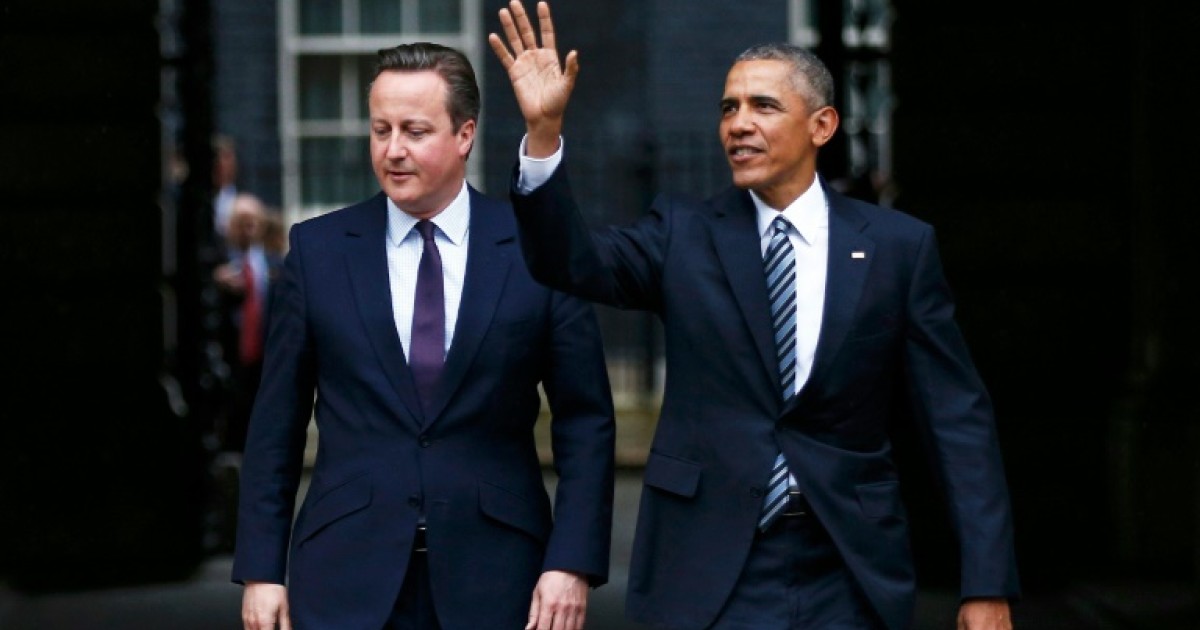OTTAWA – Canada’s Corporate Responsibility Ombudsman has opened an investigation into allegations that Levi Strauss Canada works with companies that use forced Uyghur labor in China.
Sheri Meyerhoffer’s office wants to determine whether the company known for its Levi’s jeans has supply relationships with Chinese companies that use or profit from the forced labor of mostly Muslim Uyghurs in the Xinjiang region.
The office of the Canadian Corporate Responsibility Ombudsman is responsible for investigating complaints about possible human rights violations in the activities of Canadian clothing, mining, and oil and gas companies.
Levi Strauss denies these accusations, which she says are “based on outdated and inaccurate data.” The company was not available for an initial assessment meeting “and did not provide any information to verify its response to the allegations,” the Ombudsman says.
“Given Levi Strauss’s limited participation so far in the complaint process, the Ombudsman may consider the question of good faith participation at a later stage,” reads the initial complaint assessment report. The Ombudsman could, in particular, recommend to the Minister of International Trade that he withdraw or reject all commercial support for this company.
The allegations arise from a complaint filed in June 2022 by a coalition of 28 civil society organizations, including the National Council of Canadian Muslims and the Canadian Council of Muslim Women. These organizations first filed their complaint with Levi Strauss in November 2021 and claim to have received no response.
The complaint cited a March 2020 Australian report documenting the use of Uighur labor in Xinjiang, as well as a 2021 report by a professor at Sheffield Hallam University in the United Kingdom that linked Levi Strauss to three companies using or benefit from forced labor.
The United Nations officially recognized in 2022 that China had committed serious human rights violations against Uyghurs and other Muslim minorities that “may constitute international crimes, in particular crimes against humanity.” Beijing disputed this claim.
In his response to the ombudsman, Levi Strauss said that “following a recent review of its relationships with suppliers, the company, to the best of its knowledge, does not have any business relationships with the five suppliers named in the complaint.”
Given that Levi Strauss questions the accuracy of the data contained in the reports cited in the complaint, “an investigation will make it possible to evaluate the reliability of the data,” indicates the Ombudsman.
Sheri Meyerhoffer’s office recently announced investigations into Walmart, Hugo Boss and Diesel. Levi Strauss is also the seventh company investigated by the Ombudsman over allegations of using forced Uyghur labor in its supply chain. The office said more assessments would be made public in the coming weeks.

“Professional food trailblazer. Devoted communicator. Friendly writer. Avid problem solver. Tv aficionado. Lifelong social media fanatic.”







